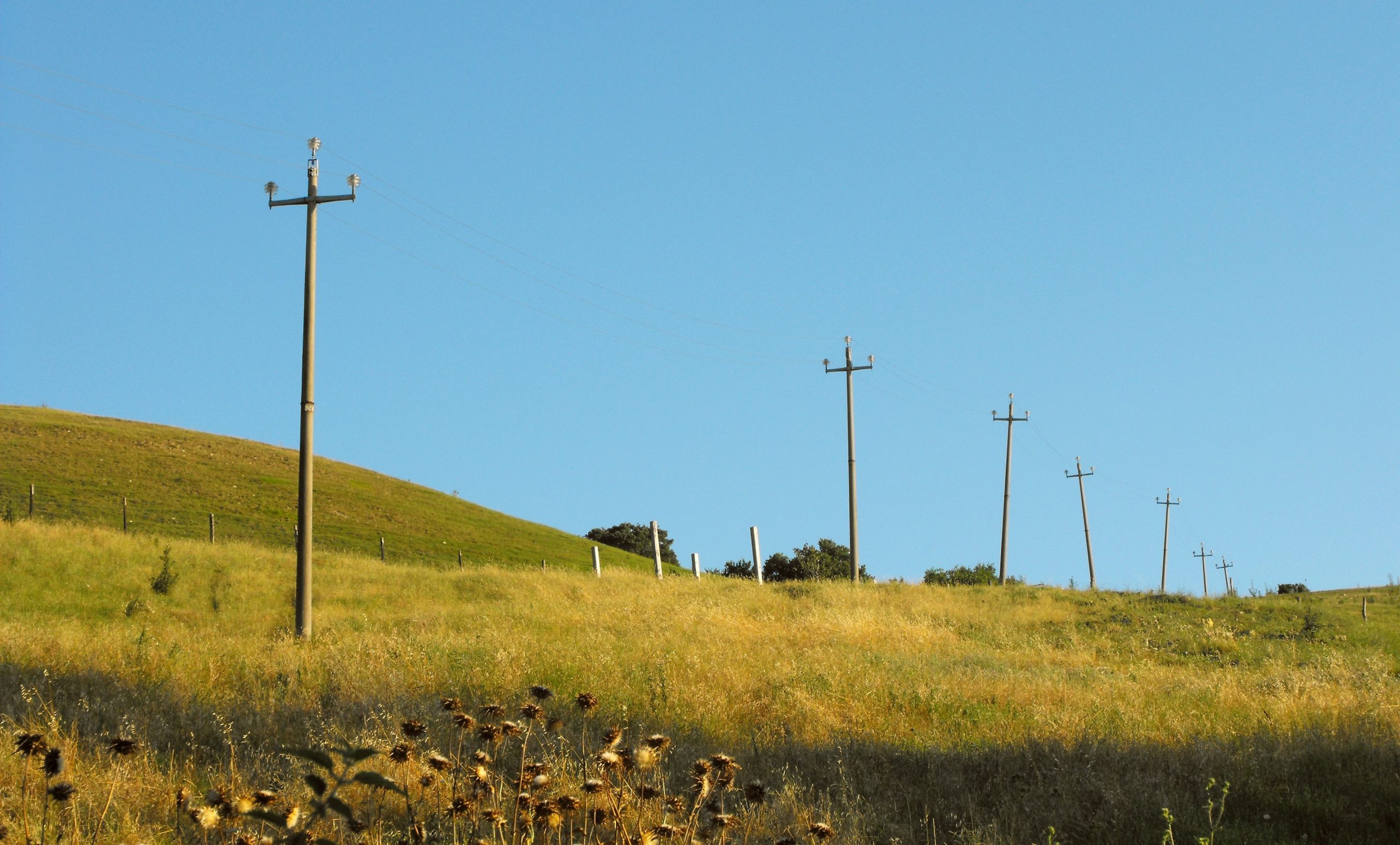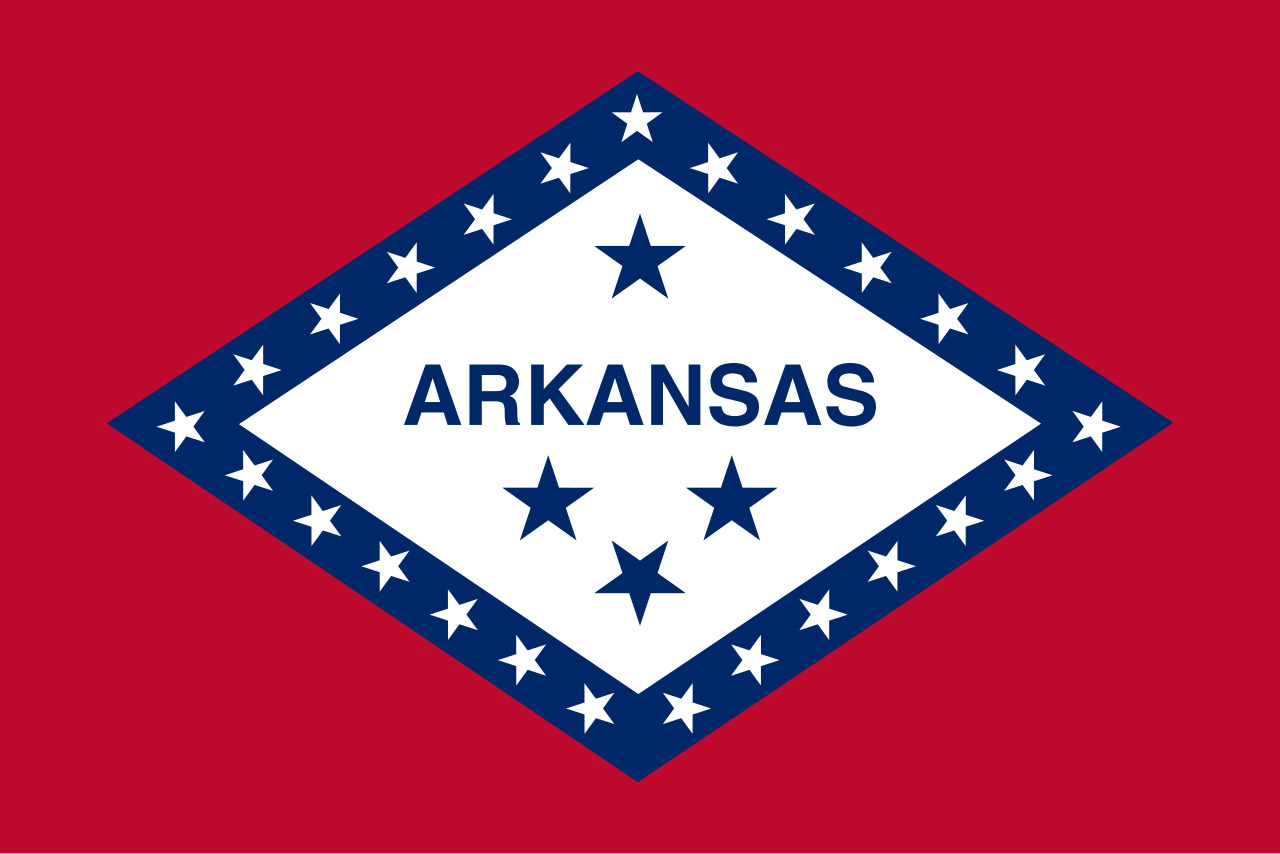
With $27 million in federal funding, Northern Michigan University is removing and replacing outdated Chinese-made internet technology to modernize its Educational Access Network (EAN) and bolster cybersecurity across Upper Michigan.


With $27 million in federal funding, Northern Michigan University is removing and replacing outdated Chinese-made internet technology to modernize its Educational Access Network (EAN) and bolster cybersecurity across Upper Michigan.

In today’s interconnected world, the internet is more than a convenience; it is a lifeline for education, healthcare, and economic opportunity. However, the digital divide continues to hinder progress, leaving billions without access to transformative technologies.

Over the past several years, the U.S. has undertaken efforts to replace China-made telecommunications equipment, citing cyber and national security risks. The $1.9 billion Rip-and-Replace program aims to assist small telecom providers in this transition, but challenges persist as the industry adapts.

As America faces growing challenges in bridging the digital divide, Digital Public Infrastructure (DPI) offers a promising solution. By providing foundational platforms for connectivity, governance, and commerce, DPI has the potential to reshape how Americans interact with technology. However, its implementation raises questions about privacy, inclusivity, and the role of government in managing digital resources.

The Broadband Equity, Access, and Deployment (BEAD) Program marked significant milestones in 2024, expanding digital connectivity nationwide. As the program director anticipates continued progress under a new presidential administration in 2025, BEAD remains a cornerstone of America’s push toward universal broadband access. With its 10-year trajectory firmly underway, this initiative is transforming the digital landscape by bridging long-standing connectivity gaps.

Headline: The move means fast internet will extend to less populated areas in Crow Wing and Morrison counties.Article: High-speed internet

Headline: Arkansas will open and accept Main Round applications from January 7 to January 21.Article: The Arkansas State Broadband Office

Headline: Millions of Americans still have unreliable or unaffordable internet. They don’t have the luxury of waiting for the BEAD

Headline: It’s at least the sixteenth state to start taking grant proposals under the $42.5 billion program.Article: New York is

Policymakers and industry leaders are championing technology neutrality as a key principle for bridging the digital divide. By embracing a range of solutions, this approach aims to ensure connectivity for diverse communities and geographies, offering flexibility and scalability for future growth.
